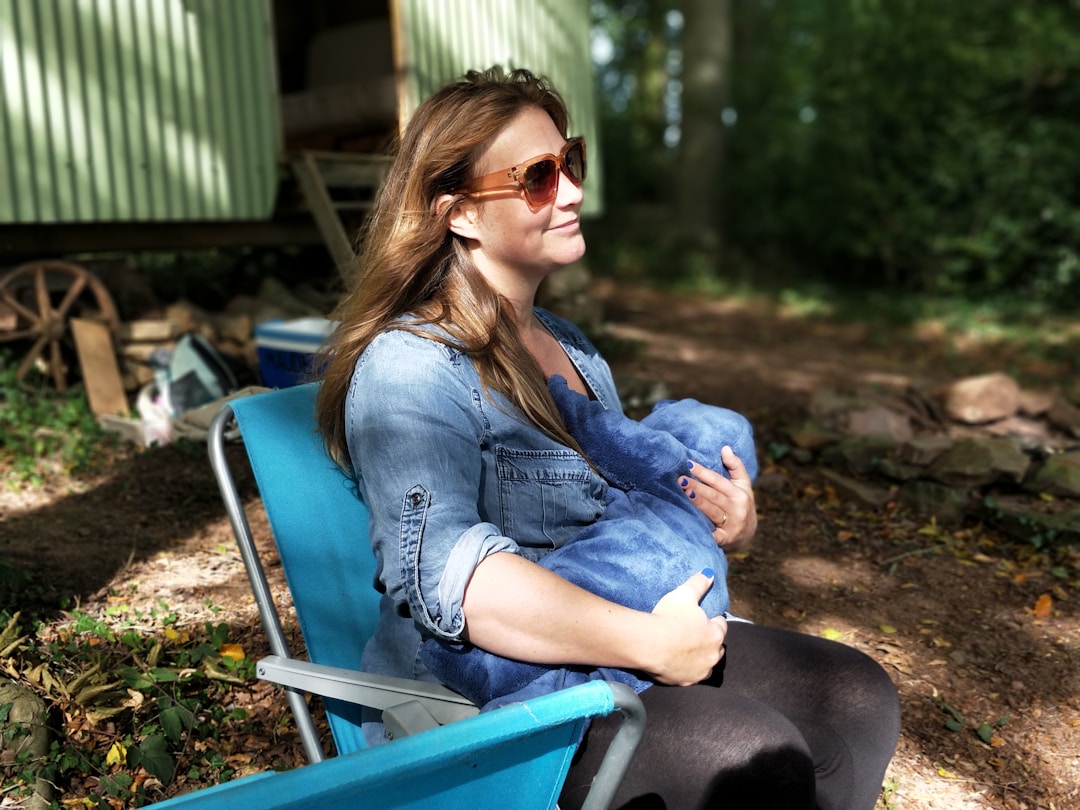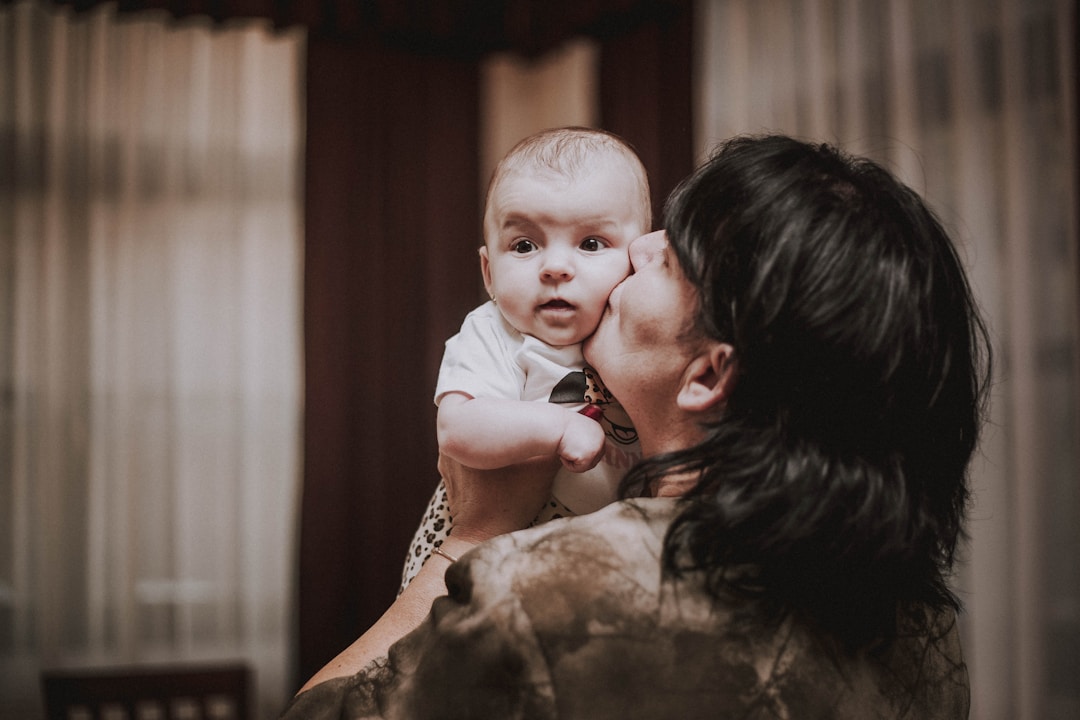Content Attributes
Breastfeeding is a natural process that countless women and assigned-female-at-birth (AFAB) individuals experience each day. At its core, nursing allows a mother or parent to nourish their newborn. Yet, at the same time, breastfeeding impacts the caregiver themselves. Symptoms such as cracked nipples, breast engorgement, mastitis, clogged milk ducts, infections, and pain are well-known side effects of nursing. But does the practice impact the parent’s brain? To the unfamiliar, it may come as a surprise that these are some of the most significant effects a breastfeeding individual might encounter.
Breastfeeding and the Brain

Physical benefits, such as reduced risks of anemia, are commonly associated with nursing individuals. The mental benefits, though, are just as significant. Breastfeeding affects the brain in many ways, including reducing the risk of postpartum depression, increasing confidence, calmness, and self-esteem, and strengthening the connection to their baby. For more information you should check this out.
For those who are able and are willing to breastfeed, nursing is a powerful tool for being the best parent they can be. The physical and psychological benefits for both the baby and their parent are enough to have many mothers reaching for nursing bralettes and other accessories to aid in nursing. However, between browsing for new nursing wear, you may find that there’s one mental benefit, in particular, that stands out.
Alzheimer’s Disease & Breastfeeding

Studies suggest that nursing linked to a decreased risk of Alzheimer’s disease, among its other benefits. For example, a 2013 study suggests that those who breastfeed for longer periods may see an even greater decrease in Alzheimer’s risk compared to those who breastfeed for a shorter length of time.
Put in simple terms, it’s thought that the hormonal effects of nursing—namely, the relationship between progesterone and estrogen—play a role in the risk of Alzheimer’s and other forms of dementia. Other theories suggest that this correlation may cause by the impacts of pregnancy and nursing on insulin resistance, another factor linked to Alzheimer’s disease.
Reducing Alzheimer’s Risk

Unfortunately, the cause of Alzheimer’s and related dementias is not always clear, and a cure remains even more elusive. However, a look at any Alzheimer’s foundation, such as The Fisher Center for Alzheimer’s Research Foundation, shows that experts are seeking how to cure and prevent Alzheimer’s disease. Alzheimer’s research has a long way to go but, as of this writing, research suggests that maintaining a healthy lifestyle is the most crucial step any individual can take toward preventing Alzheimer’s and otherwise improving brain health.
Additionally, those hoping to decrease their risk of Alzheimer’s can work to reduce their risk of vascular disease (a related condition), get regular exercise, maintain social connections, seek out intellectual stimulation, and eat a healthy diet.
Other Benefits of Breastfeeding

For both birth-giving parents and their children, nursing comes with a wide array of benefits, both physical and mental. Statistically, breastfed babies have stronger immune systems; fewer respiratory illnesses, ear infections, and overall sickness; better vision, and lower rates of infant mortality and Sudden Infant Death Syndrome (SIDS).
As they grow, these babies will be healthier children, teens, and adults, with lower rates of allergies and asthma, eczema, childhood cancers, diabetes, speech problems, cavities, obesity, rheumatoid arthritis, lupus, heart disease, and more. Similarly, the nursing parent finds themselves with benefits, as outlined above.
Babies and nursing parents alike can reap the many benefits of breastfeeding on both physical and psychological fronts. However, the prospect of mothers who’ve breastfed having a lower risk of Alzheimer’s disease may be one of the most fascinating effects. As with other elements of Alzheimer’s, more research is needed to fully understand this connection. However, the other effects ensure both the caregiver and the baby benefit from breastfeeding, when possible.



